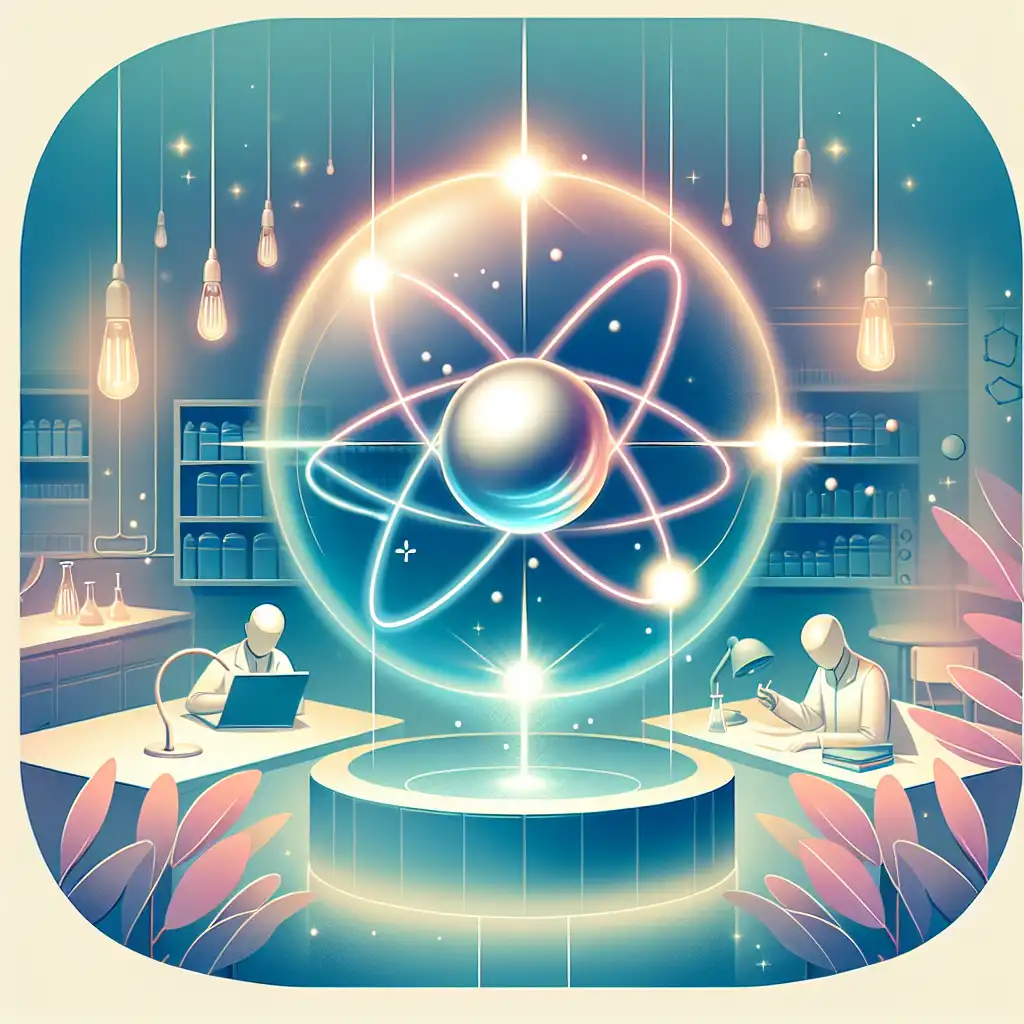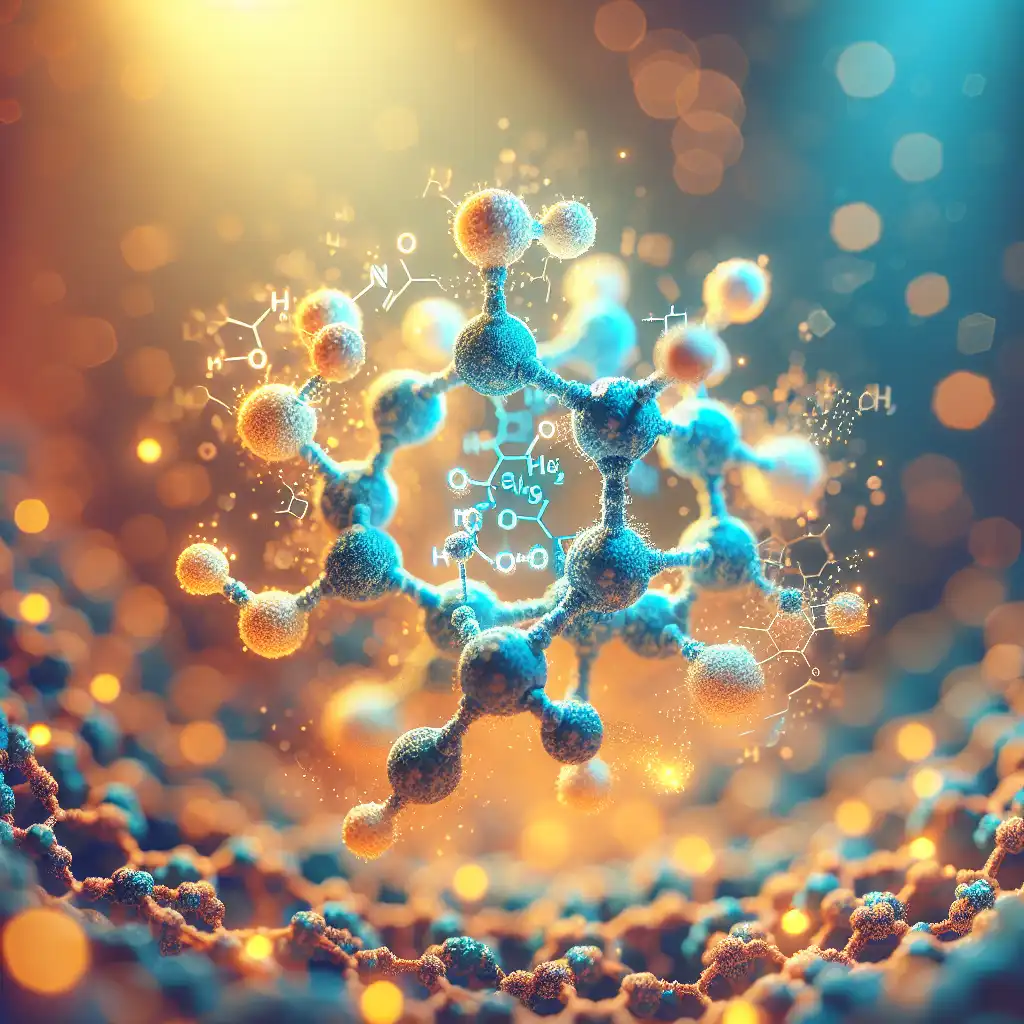
Cation
Science Context
Cation is commonly used in scientific discussions about chemistry and electricity.  In this chemical reaction, the magnesium atom loses two electrons to form a magnesium cation.
In this chemical reaction, the magnesium atom loses two electrons to form a magnesium cation.
Opposite of Anion
Remember that cations are opposite to anions which carry a negative charge.  In salt, the sodium cation partners with the chloride anion.
In salt, the sodium cation partners with the chloride anion.
Pronunciation
Cation sounds like 'cat-eye-on', not to be confused with 'anion' which is 'an-eye-on'.  The teacher asked students to identify the cation in the salt solution.
The teacher asked students to identify the cation in the salt solution.